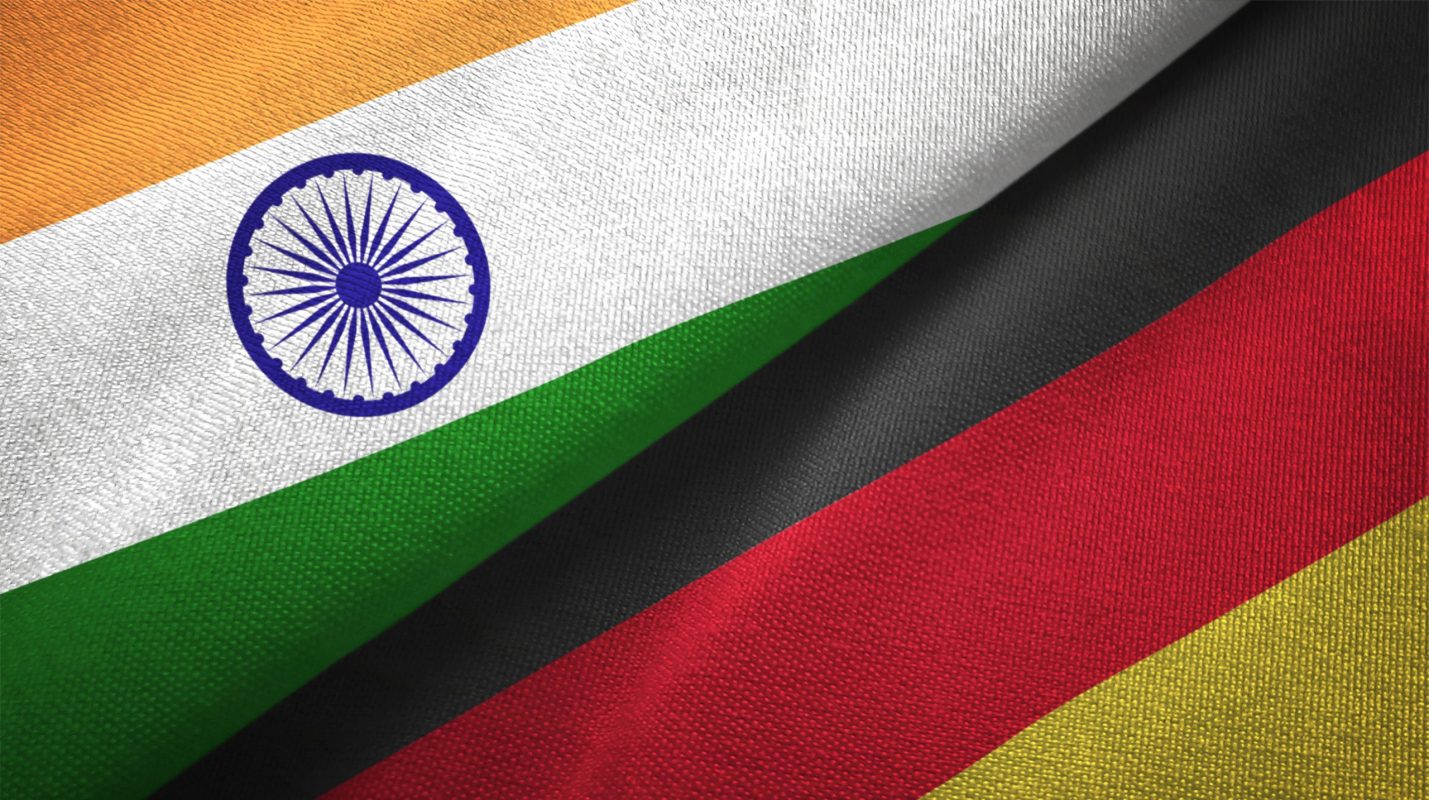Germany wants to strengthen economic ties with the world’s fifth-largest economy.
German Chancellor Olaf Scholz was on his first state visit to India last weekend. Together with Indian Prime Minister Narendra Modi, he agreed to expand economic relations between the two countries. The immigration of Indian skilled workers to Germany is also to be strengthened. Both heads of government additionally want to work toward the conclusion of an EU-India free trade agreement.
In addition to the areas of digitization and software development, Scholz sees great potential for cooperation in renewable energies. Initial projects, for example on green hydrogen and offshore wind energy, are already being planned. For Germany, which wants to become less dependent on its largest trading partner China, the subcontinent with its nearly 1.4 billion inhabitants could be a possible alternative. The world’s fifth-largest economy has an annual growth rate of six to seven percent and also boasts mineral resources. The country has deposits of rare earths, for example, which are needed for the construction of electric vehicles, but so far the raw materials have only been extracted on a comparatively small scale. As we reported, significant lithium deposits were recently found on the subcontinent for the first time.
For a long time, however, investments, for example for German car companies, have been hampered by protectionism and bureaucracy, according to the Tagesschau. In a free trade agreement, compromises would also have to be reached in areas where there are differences between the Indies and the EU, such as agriculture, sustainability, social and legal standards, said Stefan Halusa, head of the German-Indian Chamber of Foreign Trade, in WirtschaftsWoche. In his view, however, more cooperation is urgently needed; the turn of the times should also lead to a rethink in economic terms.
Photo: iStock/Oleksii Liskonih


